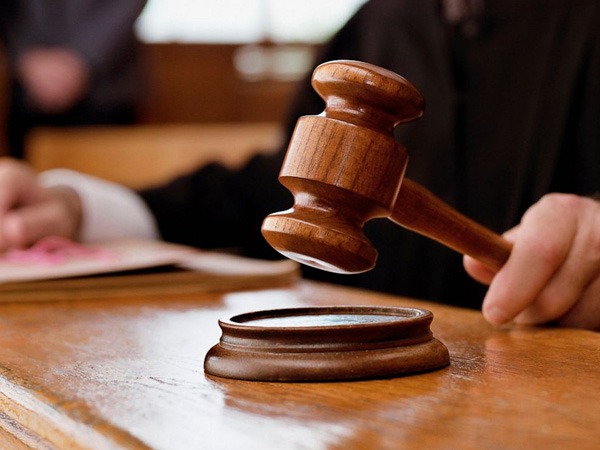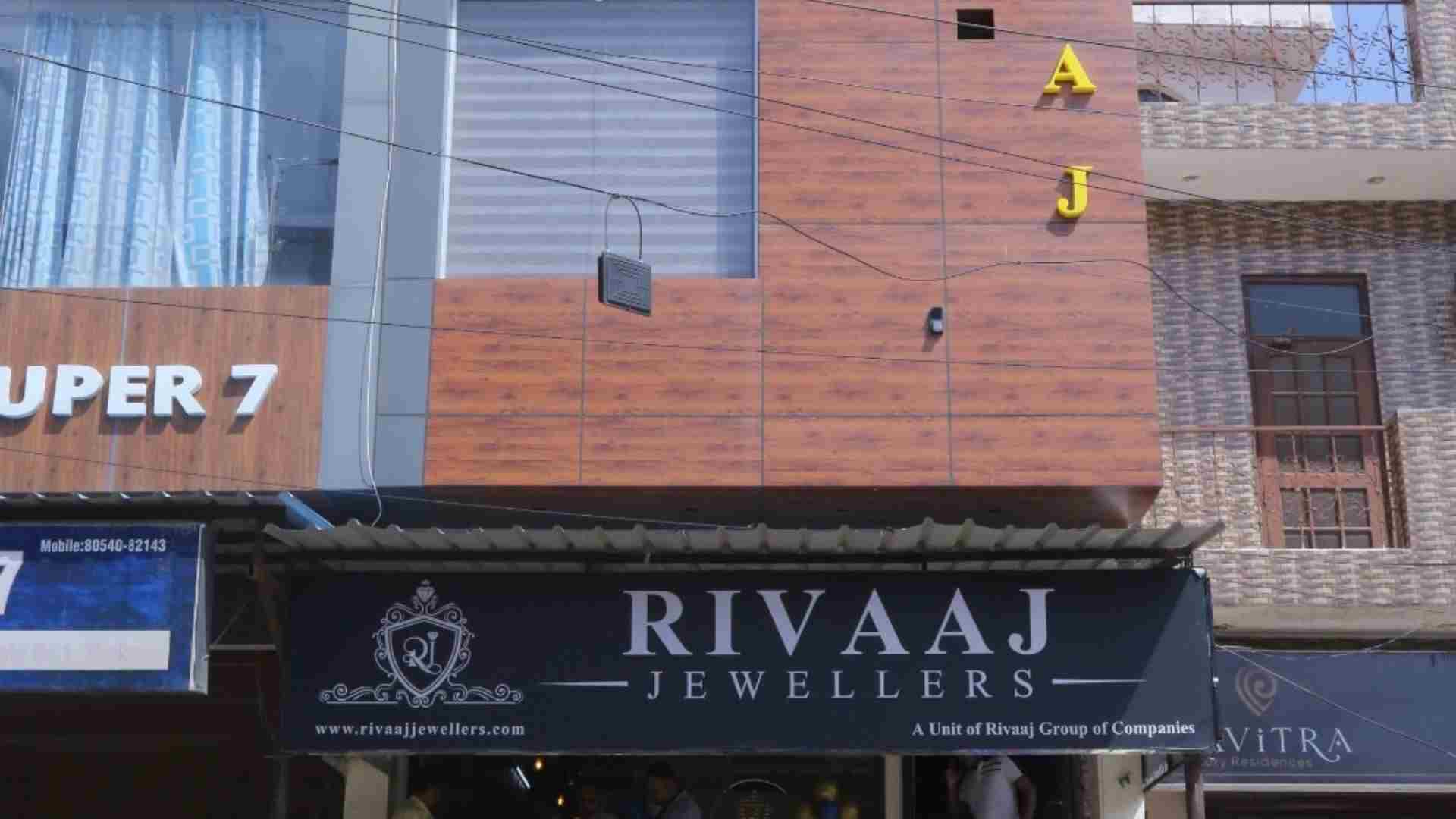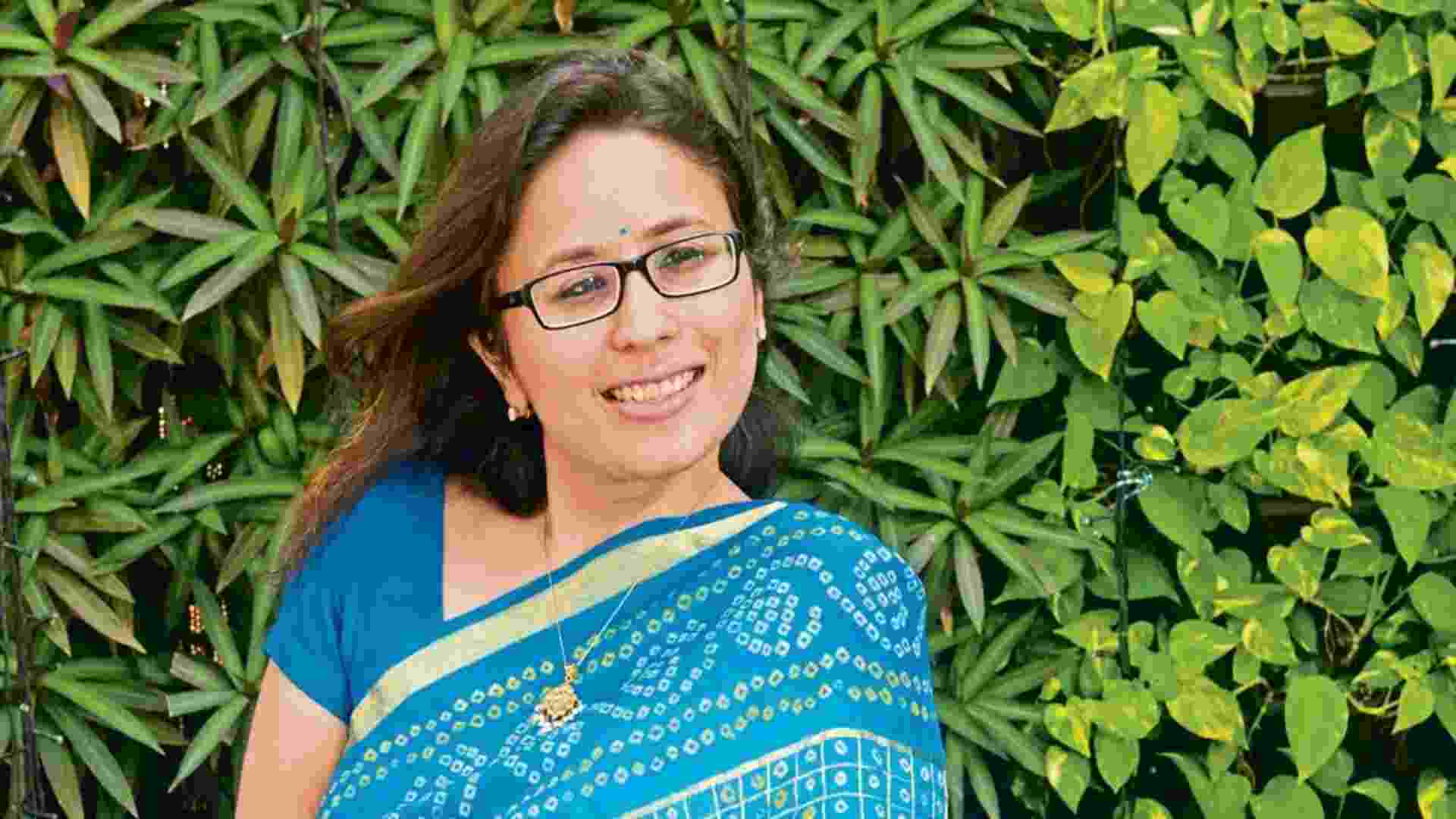
The criminal justice system is a collection of public and private organizations set up to handle criminal suspects and offenders who have been found guilty. The courts, law enforcement, forensic services, education, and prisons are the several interconnected pillars that make up the criminal justice system. These pillars are designed to uphold the ideas of justice under the law. Due process is the method through which the rights of people and the government’s obligation to uphold and preserve those rights are combined to create legal justice. Without the unwavering devotion of individuals working in the criminal justice system, these constitutional rights cannot be granted and safeguarded. As a result, these professionals must abide by the ethical standards of the criminal justice system and display steadfast integrity in their behaviour. This is made possible with the aid of a respectable code of professional ethics, which, when correctly applied, communicates competence, dependability, responsibility, and general trustworthiness. The primary goal of this essay is to provide the reader with a comprehensive picture of the situation and perspective of the Indian courts about the imposition of the death penalty.
STATEMENT OF PROBLEM
India’s position on the death penalty is still quite erratic. Not only is the legality of the penalty under discussion, but also its social and moral implications. If the legal issues are set aside, there are two points of view on the problem. The safety of society and public opinion are the main concerns. The argument against it is that it supports the “eye for an eye” maxim, which is unacceptable in a civilised society. On the one hand, keeping the death penalty might result in the execution of an innocent person. However, by giving someone a second opportunity, we would be handing them ammunition to shoot us just because they missed the first time.
The death penalty or capital punishment has forever been a place of logical inconsistency not just in the Indian legal executive but in most evolved nations. India bases its justification for punishment on two tenets: first, that the criminal should suffer; and second, that punishing wrongdoers would deter others from acting in an improper manner. The death penalty or capital punishment has historically been controversial, not only in the Indian judicial system, but also in the majority of developed nations. After the imposition of the death penalty, the legitimacy of the state is both called into doubt and confirmed. India made its position on this issue known in December 2007, yet the judiciary spares the country for egregious legal violations. In India, there are several human rights movements that believe the death penalty is wrong because it violates a person’s rights.
In India, there are a few basic freedoms developments that accept capital punishment is off-base since it disregards an individual’s rights. The reformative hypothesis, which holds that wrongdoing looks like a disease, is one of the two thoughts that comprise the underpinning of Indian criminal regulation. The other hypothesis that is followed is Preventive Hypothesis, which says ‘Avoidance is superior to fix. Taking counteraction before the responsibility of a crime is better. This hypothesis targets forestalling wrongdoing by impairing wrongdoing by forcing the death penalty on the crook, or by keeping him in prison.
DOCTRINE OF ‘RAREST OF THE RARE’ CASE
The death penalty in India depends on the teaching of the most extraordinary cases. The precept suggests that to sentence an individual for death the wrongdoing check ought to be completely cheerful and it shouldn’t incline toward the denounced in any conditions.
This way of thinking relies on the discernment that society takes and the court ought to consider various variables like society’s scorn, the character of the lawbreaker, thought process and way of the commission of the wrongdoing, outrageous resentments and antagonism to sure violations like assault of minor young ladies and so on.
The courts grant capital punishment since the circumstance requests it because of established impulse that mirrors the desire of the general public and not the appointed authority driven approach of the general public. Notwithstanding, the death penalty must be granted in unique conditions and there ought to be a harmony between relieving as well as disturbing elements. “The validity of this notion is unclear since it violates the basic rights protected by Articles 14 and 21 of the Indian Constitution when an offender’s life is determined by the court. The Bacchan Singh v. State of Punjab decision created the idea of the rarest of the rare cases”.
ARGUMENTS
AGAINST CAPITAL PUNISHMENT
Individuals accept that human existence is valuable and that even the people who perpetrate the most exceedingly terrible wrongdoings ought not be denied the right to life. Their right to life can’t be removed exclusively for their ill-advised conduct. The State has an obligation to safeguard society and rebuff wrongdoers, yet this obligation should be done at all negative way conceivable, with other accessible choices being considered too. Given that only a small proportion of murderers are really affected by such punishment, it has failed to have a deterrent impact. The brutalization of society and the relationship between the state and its inhabitants is the only result of the death penalty.
ARGUMENTS FOR CAPITAL PUNISHMENT
The essential contention that upholds the death penalty is that each blameworthy individual ought to be rebuffed and the discipline will be relative to the wrongdoing that he/she has perpetrated. This contention upholds the possibility of equity. J. Anand and J. N.P. Singh in one of their decisions expressed that inconvenience of suitable discipline is the way by which one can answer society’s sob this way, that it can mull over scorn of the wrongdoing. An individual who poses a threat to the community should be put to death.
FUTURE OF CAPITAL PUNISHMENT IN INDIA
The legitimacy of the death penalty need not stem from the legal system or the constitution. India is more democratic and forward-thinking. According to analysts, India will become a global superpower soon and would have a knowledge-based economy with educated and competent young people. Only the democratic USA permits the death penalty, and only after extensive review. Remembering the above information and the huge populace of India and its kin have a moderate and liberal demeanor, the death penalty doesn’t have a future in India. The death penalty is viewed as the most barbaric and savage discipline on the planet. A few nations have canceled it; India being a functioning individual from the Unified Countries and various different commissions of Basic liberties has not nullified it yet.
The death penalty in most extraordinary of most extraordinary cases doesn’t influence the standards of Common liberties as expressed by ICCPR (The Worldwide Agreement on Common and Political Privileges) for those nations that have still not canceled it anyway for certain limitations forced on it. The courts have, in different cases, pronounced that death penalty ought not be proclaimed unlawful, because the composers of the Constitution hadn’t seen it proper to do this, and that the assembly additionally hasn’t found a way to nullify the death penalty.
Adv. Prachi Gupta, LL.M, is a Research Scholar.














